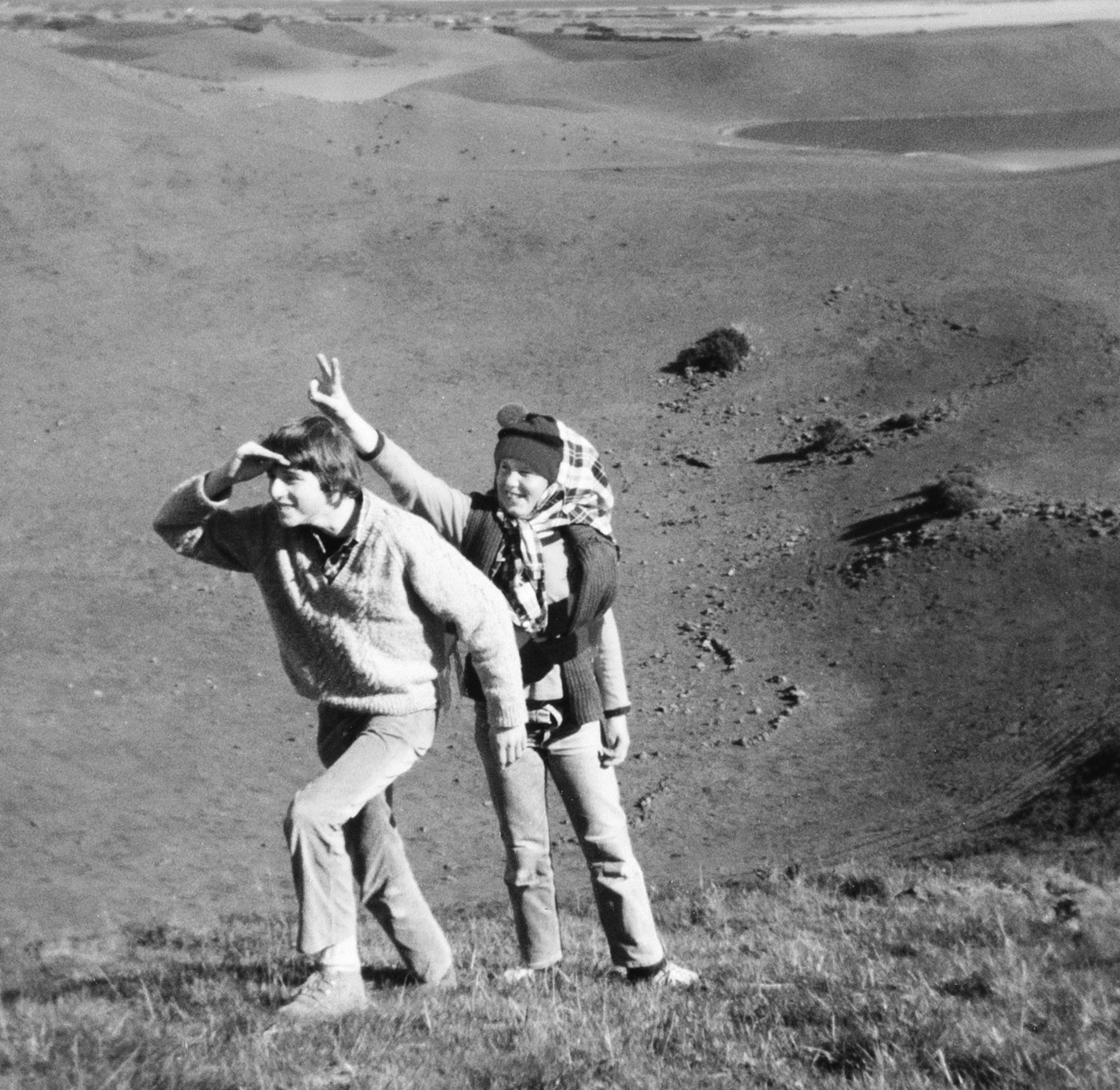On the publisher’s website this achingly honest book is tagged under “Memoirs,” a genre its author despises. Gideon Haigh, one of our most versatile and prolific writers, sees memoir as a form of attention seeking, a spotlight for “humblebraggarts.” His new book is deliberately “pruned of memoir’s usual self-pardonings and self-protections.”
My Brother Jaz examines the death of Haigh’s younger brother Jasper in a car crash and its long aftermath. Jasper had a difficult early adolescence, acting up at school, often depressed and abusing drugs and alcohol, and a troubled relationship with his divorced parents. Then, one night in 1987, he steals his mother’s Telstar and his life comes to a violent end. How much his death was reckless accident or intentional self-destruction remains ambiguous.
Haigh presents his immediate responses in a cold, almost dissociated light: receiving the early morning phone calls, walking to the train station, viewing the body. He understands that a deep rupture has emerged between past and future and that he must remember the traumatic present vividly. But memory proves difficult. He gives a eulogy that he later almost completely forgets as an internal process of shutting down gathers force: “I have begun closing those windows into my soul that events had thrown open.”
The complexities of memory are beautifully explored in this book. Haigh shows how it can be erased by strong emotion but also how it persists despite his best efforts at suppression, as when he tries to confuse himself about the death date. “The sense of Jasper is always there, out of sight, but bulking darkly like a submerged continent.” He tries to hold this sense of loss at bay for more than three decades before feeling compelled to avoid it no longer. Requesting and reading the coronial inquest triggers his own memories and makes further evasion unbearable.
Most of all, Haigh channels his loss into asceticism and relentless work. He gives up meat, alcohol and sex, becomes rail-thin, wears drab clothes and writes prodigiously, all renunciation and no joy. Prozac eventually helps but depression fails to capture the entirety of this state. Although Haigh writes that his “chief coping mechanism was giving up,” he pushes on much more than he stops trying. Mourning also seems an inadequate word: the period of self-denying bleakness only starts to abate after five years and is thick with self-loathing. In mourning, Freud wrote, “it is the world which has become poor and empty,” whereas “in melancholia it is the ego itself.” Haigh’s ego is wretched: “Go on, read me: it’s all I have to offer. The rest you wouldn’t like.”
My Brother Jaz offers an unvarnished portrait of Haigh’s mid-life personality. He admits to being prickly and a holder of grudges, hard to love and autonomous to a fault. A promising midlife relationship fails when a partner runs out of patience. Haigh embodies a strange combination of feeling unique and insisting that he is not special, a kind of egalitarian narcissism. He is annoyed when his reactions to loss are the same as other people’s but also resents those who elevate themselves above others in search of sympathy or praise.
How much these tendencies have been shaped by loss and how much by background and temperament is impossible to know. Haigh, wary of psychologising and therapy’s “mimes of candour,” rarely hazards a guess. Background and temperament clearly play a part, though. His prodigious work habits were evident at an early age, his first book published when he was twenty-one in the week Jaz died. He also details a tough-minded family culture of pushing through hardship and looking down on the “poor-bloody-mes” who indulge in self-pity. Haigh’s adult drivenness and lack of kindness to self can’t be attributed to loss alone.
Mostly written in a frenetic three-day burst, My Brother Jaz has an immediacy that makes it hard to put down even as the hurt is palpable and unsparing. Haigh is not convinced that writing the book has done him much good — not writing also not having been helpful — just that he eventually had to “discharge” it. For his readers, though, he has done something very good indeed. This is a wrenching work of self-revelation and a powerful tribute to someone who died much too young. •
My brother Jaz
By Gideon Haigh | Melbourne University Press | $24.99 | 96 pages




